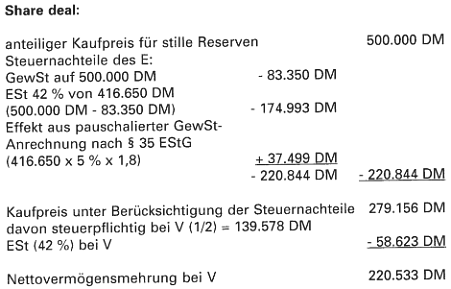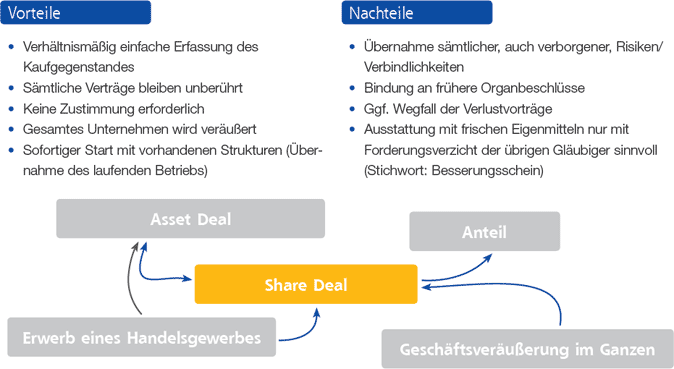SHARE DEAL
Post on: 24 Июль, 2015 No Comment

By Ria Taitt Political Editor
Story Created: Sep 15, 2011 at 12:51 AM ECT
Story Updated: Sep 15, 2011 at 12:51 AM ECT
Depositors desperate to get back their investments in insurance giant CLICO are to get Republic Bank shares.
As he announced an enhanced payoff regime for CLICO, Finance Minister Winston Dookeran said Government planned to issue electronic bonds to retire the remaining indebtedness of CLICO policyholders.
Dookeran said that Republic Bank shares have increased in value from $74 to $90 in the past year.
The RBL shares will be held in a trust called NEL (National Enterprises Ltd) 2.
National Enterprises Ltd is a holding company listed on the local stock exchange in which the State’s interests in telecoms provider TSTT, National Flour Mills and energy company Tringen are held.
Speaking in the House of Representatives in Port of Spain yesterday, Dookeran explained: Investors who continue to receive annual 20-year bonds, the facilities for discounting their bonds of maturity up to ten years will remain unchanged. It is expected that the discounting rate would be in the order of 80 cents (on every dollar) resulting in a haircut for the first ten years of 20 per cent. Bonds with a maturity of 11 to 20 years may be exchanged for units in NEL 2 at a rate of dollar for dollar, which means that the total return for the investor would comprise 80 cents (on the dollar) on bonds with maturity from one to ten years and 100 cents on the dollar for the longer term bonds through the NEL 2 mechanism. On this basis the average return would be in the order of 92 cents on the dollar, a significant increase over the 67 cents on the dollar implied by the original plan, Dookeran said.
He said the initiative would significantly increase the returns of all investors.
Holders of traditional policies would end up receiving 100 cents on the dollar, as their policies would be fully honoured.
He said that group comprised over 200,000 people who have policies of one type or the other with CLICO.
He said holders of short-term investments and mutual fund investors with less than $75,000 have received 100 cents on the dollar.
The same applies to trade unions and credit unions through the $788 million liquidity window managed by the Central Bank.
Holders of short term investments and mutual funds in values in excess of $75,000 will receive, subject to the valuation of the NEL shares and the mean curve in the financial sector, an average of near to 92 cents on the dollar. There is a possible upside if they hold on to the NEL shares, Dookeran said.
Dookeran assured that there would be no danger of dilution of RBL shares which would not be placed on the market.
In fact, he said, the NEL formula would provide a ready market for RBL shares and would contribute to the development of the capital market.
He said in the deliberations with the banking sector on the proposal, there was support for it.
And, he said, the sector indicated that it would support in a tangible way the proposal by contributing $300 million to NEL as part of an overall contribution to financial stability.
Dookeran advised against legal challenges by depositors and other stakeholders, saying that the liquidation of CLICO would not be in the national interest.
This revised offer far exceeds any recovery that would be obtained for the winding up or the liquidation of CLICO. In the winding up investors may have to wait years before they can receive their payment. And the estimated recovery may change significantly as values received from assets may be firesale values, he said.
Dookeran dismissed the PNM’s guarantee of payment which was being touted by all its speakers, as an empty, hollow guarantee because there was no money to back it. He said the PNM put in $5 billion when $12 billion was required.
He said as of June 2010 only $2.5 billion of the $5 billion remained, the initial $2.5 billion having been used to satisfy growing interest rates which paid to depositors.
That guarantee (of the PNM to pay CLICO depositors) had absolutely no chance of being honoured, he said. We have provided a full committment backed by funds. We have provided the necessary resources to make it happen.
Dookeran said Government’s cash outlay would be $500 million over the next ten years.

He said CLICO’s management report showed that its total assets were $7.5 billion and liabilities $7.3 billion but he noted that many of the liabilities were covered through inter-company transactions and this remained a major risk. CLICO Investment Bank (CIB), he said, had an insolvency margin of $4.7 billion.
He said CIB owned 39.9 million RBL shares (valued at $2.93 billion) of which 25.65 million were pledged to secure payment to bonds.
He said as of December 10, 2010 the total assets of CIB were $18.5 billion and total liabilities $21.6 billion, leaving a net deficit of $3 billion.
He said this was better than one year ago because of the increase in value of the assets with respect to RBL and the Methanol Holdings company.
But, he stressed the company remained in a net deficit position.
Dookeran said from January of this year to now $10 million of new investments in CLICO had taken place. That reflects the belief in the continuing viability of this company, he said.
He said to date Government had paid 9,815 depositors with investments of less than $75,000 some $301 million and had paid through the compassionate window some $94 million to 455 cases for urgent relief.
Dookeran said the country should breathe a sigh of relief that the CLICO problem would no longer dominate the financial sector.
He siad no one knew what the international situation would be in one year’s time so it was important to close this chapter now.
The minister said he was told by the CLICO administration that they had never seen CLICO policyholders and investors so happy.
He said the proposal would benefit 235,000 policyholders, 16,000 depositors, 2,000 businesses and corporations but the major benefit would be the people of Trinidad and Tobago.
What we have devised cannot be surpassed anywhere else in the world, he said.
The Bill was passed 29 for 9 against at around 7.30 last night.














